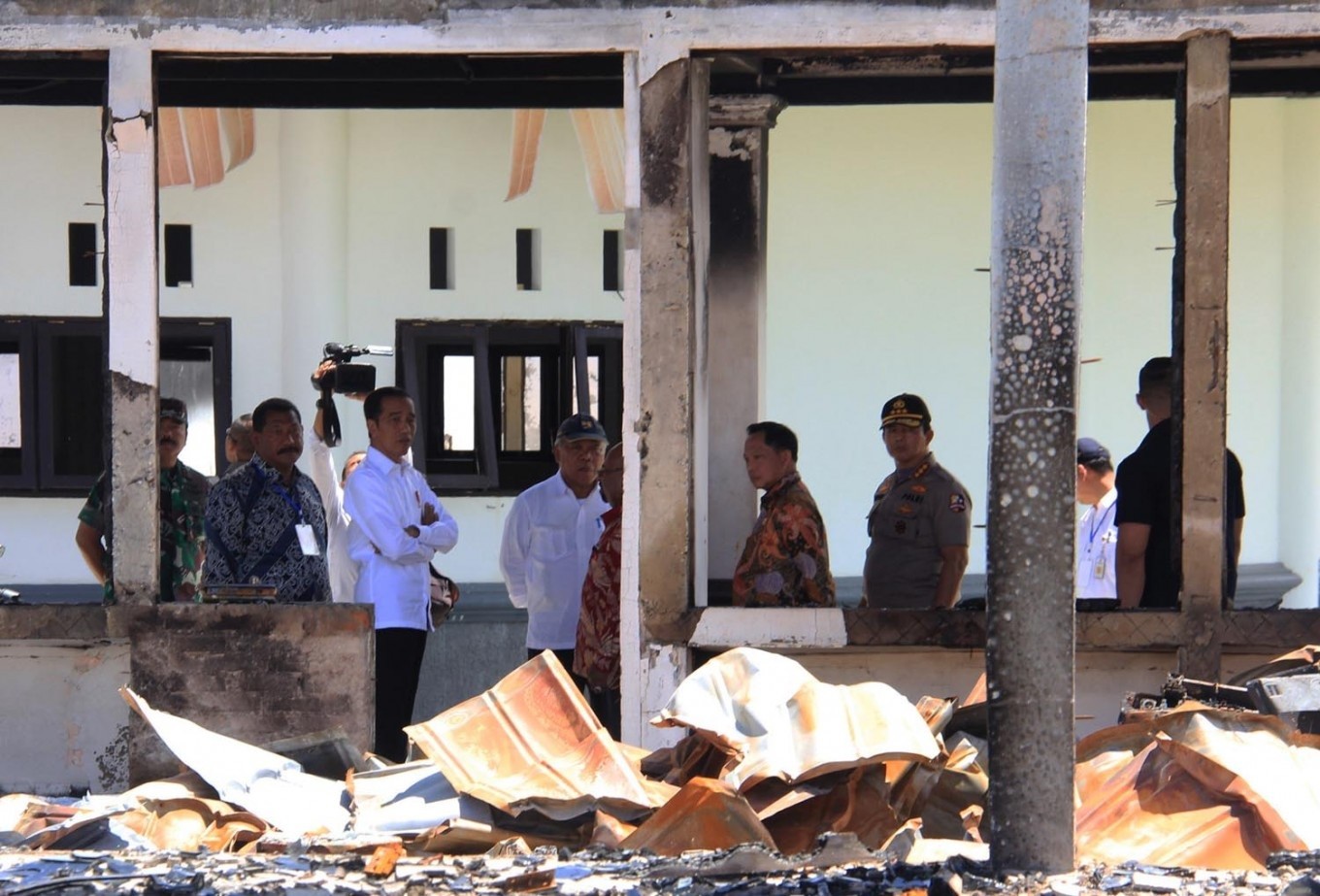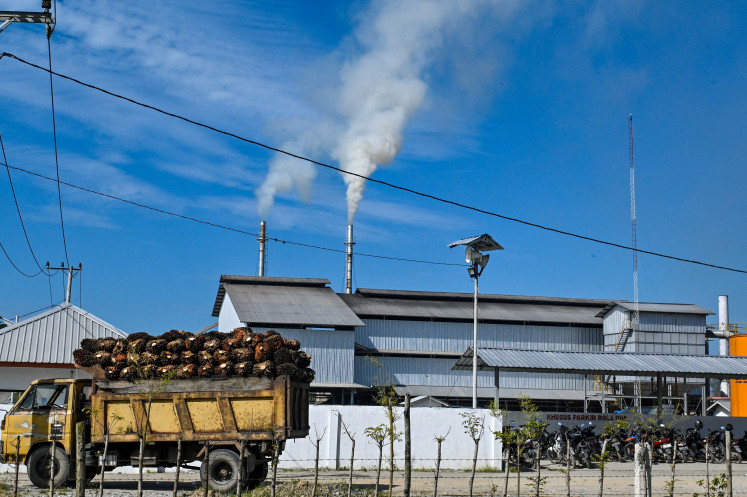Popular Reads
Top Results
Can't find what you're looking for?
View all search resultsPopular Reads
Top Results
Can't find what you're looking for?
View all search resultsDivide and rule Papua
As some researchers have warned, new provinces would not end conflict in Papua. Instead, they might aggravate the infighting as the new regions would fuel further societal segregation.
Change text size
Gift Premium Articles
to Anyone
T
he government looks set to realize its plan to form two new provinces in Papua, or at least one of them, after hearing what it claims as “grassroots aspirations”. Without a comprehensive study and thorough review of the creation of new Papua administrative regions in the past, however, the initiative is no more than a perpetuation of Jakarta’s tactic to divide and rule the natural resource-rich territory and its people.
Home Minister Tito Karnavian, whose illustrious career in the police force included a stint in Papua as the provincial police chief, said President Joko “Jokowi” Widodo was weighing the formation of new provinces in South Papua and the Central Highlands, separate from the existing Papua province, following his latest visit to the country’s easternmost territory at the end of October. In September, Jokowi received representatives of the Papuan people, who asked the government to create more provinces to speed up the delivery of public services.
Tito has also been seeking House of Representatives approval of the plan, given an agreement between the executive and legislative powers in 2014 to indefinitely suspend the creation of new regional administrations due to budgetary concerns. Over the past five years, the government has received proposals for the formation of 318 new regions.
The government is aware of the moratorium, but Papua is an exception. Tito said not only had Papuans demanded new provinces be formed but intelligence reports had also pinpointed why such a demand should be accommodated.
A few would argue, however, that the push for new provinces in Papua is an effort to clamp down on growing resentment in Papua toward the central government, which to some extent has crystallized into demands for a referendum to choose to either stay with or separate from Indonesia. Such demands highlighted the recent, violent protests in Papua and West Papua, which stemmed from racial slurs targeting indigenous Papuans.
As some researchers have warned, new provinces would not end conflict in Papua. Instead, they might aggravate the infighting as the new regions would fuel further societal segregation. One of the Papuan figures who met Jokowi gave weight to such fears, saying the formation of South Papua province was necessary to end the domination of certain tribes in the bureaucracy.
Statistics show no correlation between the creation of new administrative regions in Papua and an improvement in people’s well-being. A new province and dozens of regencies were established after special autonomy came into effect in Papua in 2001, but Papua’s Human Development Index has remained the lowest in the country.
As former vice president Jusuf Kalla has learned, local elites are to blame for stalling efforts to bring prosperity for all in Papua. Many of the elites were behind the creation of new regions and are likely shouting the same demand just for their own survival.
Jakarta can keep its control over administratively divided Papua, but it cannot stop the struggle for justice there.









